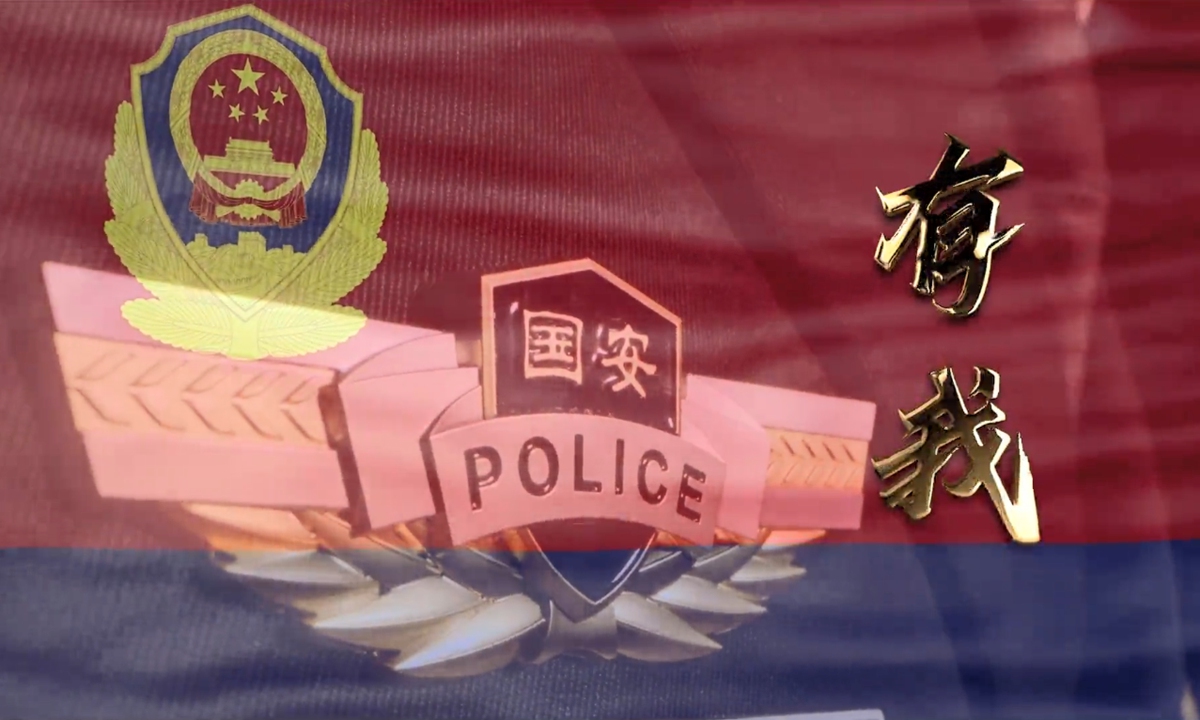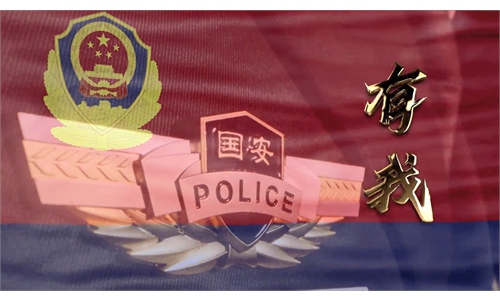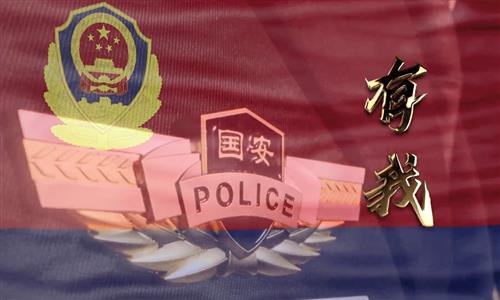Two secret-related personnel dealt with for selling confidential military documents as scrap

Chinese Ministry of State Security
A retired enthusiast of military reading materials happened to help uncover a case in which two personnel who handled secret documents sold confidential military documents as scrap for around a mere 20 yuan ($2.76), the Chinese Ministry of State Security (MSS) disclosed on its official WeChat account on Thursday.
The state-owned enterprise retiree surnamed Zhang, who enjoys collecting military reading materials, happened to encounter two bags of scrap books outside a recycling station while taking a walk near his neighborhood one day.
While he leafed through the books with great interest, he found they were actually brand new and military-related, so he bought four of them for 6 yuan.
When Zhang returned home and started carefully reading the books, he found they were with marked with words such as "classified" and "confidential" and suddenly realized that these materials may be related to state secrets.
Without hesitation, Zhang reported this incident to the local state security department and handed over the books.
With the tip-off provided by Zhang, the state security department arrived at the scene and took back the secret documents. The owner of the recycle station was investigated and was educated on government secrecy laws.
Through investigation, the state security department found that two suspects surnamed Guo and Li, who worked at a military-related unit, had sold the secret materials to the recycling station.
These two people had a limited awareness of confidentiality and had attempted to save themselves trouble. Instead of following the destruction protocols for confidential documents, they decided to sell eight sets of more than 200 classified documents as scrap paper.
Weighing more than 30 kilograms in total, the classified documents were sold for 0.8 yuan per kilogram, yielding a profit of 20 yuan.
After a thorough investigation by the state security department, it was determined that, thanks to Zhang's report, the classified documents had not been further disseminated, and no substantial harm was caused to China's military security.
After the incident, the relevant unit promptly addressed the security management loopholes under the guidance of the state security authority, and the responsible individuals were duly held accountable according to the law.
According to China's Law on Guarding State Secrets, the making, receiving, dispatch, transfer, use, duplication, storage, maintenance, and destruction of items bearing state secrets shall conform to the stipulations for guarding state secrets.
Global Times


